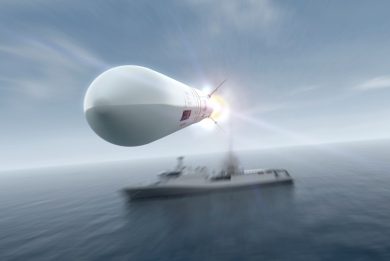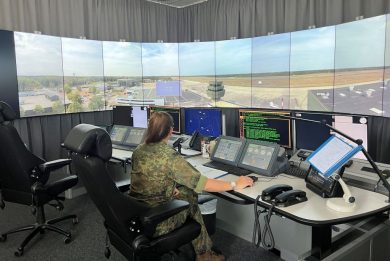
UK Defence Review: “Making Britain safer/secure at home, and strong abroad”
The UK Government has published its Strategic Defence Review 2025, the underlying message of which is that the world has changed.
The threat the UK now faces is more serious and less predictable than at any time since the Cold War. The UK faces war in Europe, growing Russian aggression, new nuclear risks, and daily cyber-attacks at home. Its adversaries are working more in alliance with one another, while technology is changing how war is fought. Drones now kill more people than traditional artillery in the war in Ukraine, and whoever gets new technology into the hands of their Armed Forces the quickest will have the advantage.
The UK will move to warfighting readiness by establishing a more lethal ‘integrated force’ equipped for the future, and a strengthened homeland defence. The engine for growth – driving jobs and prosperity through a new partnership with industry, radical procurement reforms and backing UK businesses.
The UK will be stepping up on European security by leading in NATO, with strengthened nuclear, new technology and updated conventional capabilities.
UK innovation will be driven by lessons from Ukraine, harnessing drones, data and digital warfare to make its Armed Forces stronger and safer.
A new Hybrid Navy will be equipped with up to 12 conventionally armed, nuclear-powered attack submarines through the AUKUS programme, cutting-edge warships and support ships, transformed aircraft carriers, and new autonomous vessels.
The British Army’s armoured capability will be increased, with AI, software, long-range weapons, and land drone swarms – and aim to increase full-time troops to at least 76,000 into the next Parliament. The first European laser directed energy weapon will be bought into service through nearly £1bn of new funding.
The RAF will receive more Lightning II, either F-35B or F-35Cs, upgraded Typhoons, next-generation fast jets through GCAP, and autonomous fighters.
The first European hybrid airwings will be established by transforming the UK aircraft carriers, combining fast jets, long-range weapons, and drones.
£ 6 billion will be spent on munitions acquisition in this Parliament including £ 1.5 billion in an ‘always on’ pipeline and at least six new munitions and energetics factories in the UK.
In his introduction to the review, Britain’s prime minister Keir Starmer said that “We are delivering our commitment to spend 2.5% of GDP on defence, accelerating it to 2027, and we have set the ambition to reach 3% in the next Parliament, subject to economic and fiscal conditions.“



